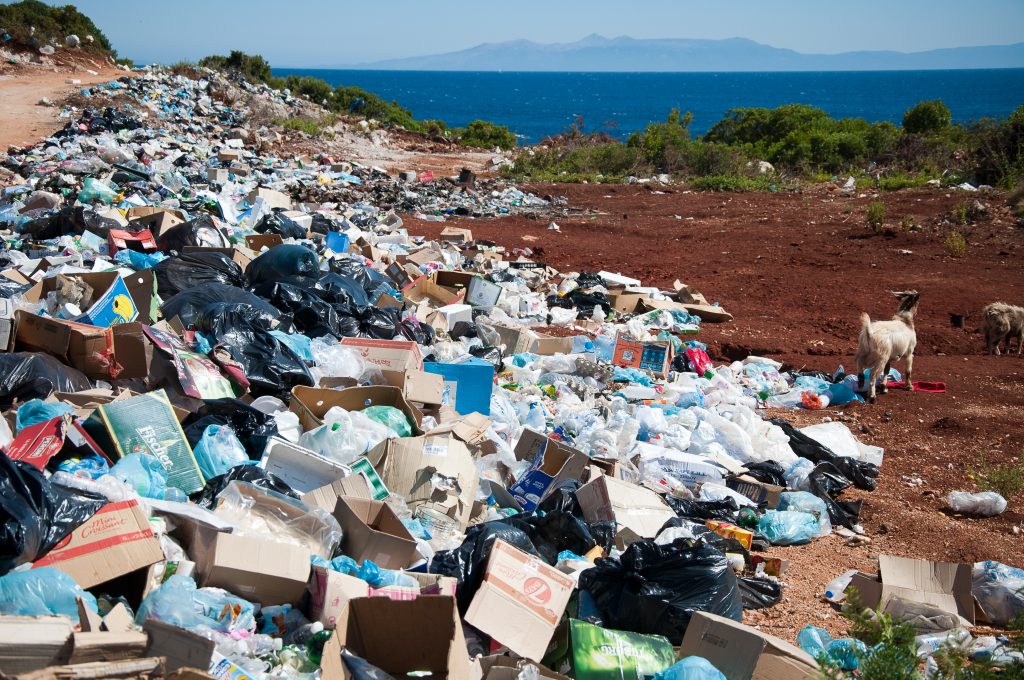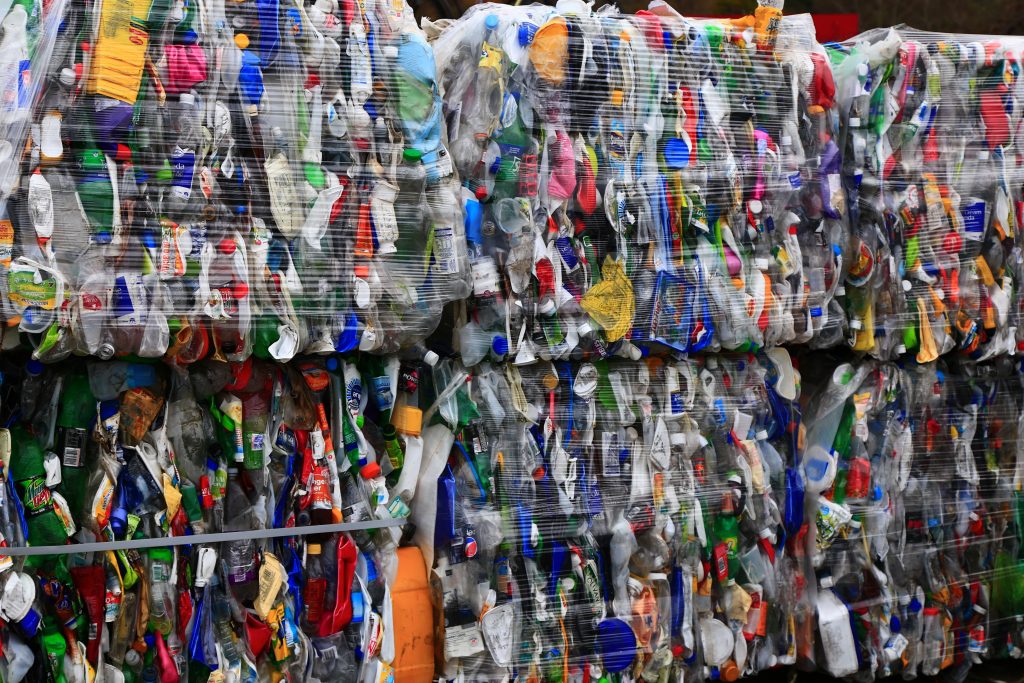In the UK, people produce on average 1.3kg of municipal solid waste (everyday rubbish) per day. This is an astonishing amount but only a fraction of the billions of tonnes of waste produced worldwide each year. In 2016, approximately 2.01 billion tonnes of solid waste was produced.
This waste has severely negative impacts on the planet. The National Geographic claims that there is 5.25 trillion pieces of plastic debris floating in the ocean with an estimated 4 billion plastic microfibres per square kilometre in the deep sea. While the effects of microplastics are currently unclear, the harmful impact of plastic waste on marine life is well-documented. It can injure, trap and kill marine life with consumption of plastics causing damage to entire food chains within the ecosystem. Meanwhile, landfills are one of the key contributors to global warming, making the waste crisis not fully distinguishable from the climate crisis. Growing attention to these issues has not been enough to curb waste production; the World Bank estimates that 3.4 billion tonnes of solid waste will be produced in 2050, an increase of over a billion tonnes from 2016.

Plastic on beach – Unsplash: Antoine GIRET
How do we begin to address this? It may be tempting to see recycling as the solution. After all, if we turn waste materials into new materials then it will never end up in landfills or oceans. In theory, the items we place in the bin are taken to materials recovery facilities (MRFs) where it is sorted into its different parts. Paper and cardboard are taken to mills where it is shredded and made into new product. Glass can be reused but is often melted like metal and plastic before being formed into new products. Other waste is sent to landfill or burnt. Through this process, we make the majority of things recyclable and waste ceases to be a problem. Unfortunately, it’s not that simple.
The majority of waste placed in recycling bins does not get recycled. Exact statistics are not available due to the hard to trace nature of the problem but Greenpeace UK estimates that less than 10% of everyday plastic in the UK gets recycled. Where does the plastic end up instead? Around two-thirds of plastic and half of all paper and cardboard is organised into bales and sent to Asia and Europe for recycling on large container ships. Many of these ships were destined for China where the bales were frequently left in large dumping sites or burnt, partly due to their low quality and high contamination rates. These sites often cause plastics to leak into rivers and oceans and have devastating health implications for families who pick through the waste for plastic that can be melted into pellets and sold. Then, in 2018 as a result of policy initiative Operation National Sword, China stopped accepting the majority of waste from abroad. The UK, alongside many other countries, began exporting recyclables to countries like Thailand, Malaysia and India which accept foreign waste. Unfortunately, increased strain on the recycling systems within these countries revealed similar problems to China. Thailand and India have announced bans on the import of foreign plastic waste and Malaysia has sent thousands of tonnes of waste back.

Plastic bales – Unsplash: Nareeta Martin
Recycling has a time and a place but the UK government’s claim that 44.4% of household waste was recycled in 2020 is severely misleading. Rather than addressing waste head on, the majority of developed countries have chosen to export their problem and hide behind high recycling rates. The global waste crisis cannot be solved through individual action; the entire system of waste production and management must be reformed.
One thing this article has not addressed is where plastic comes from and how it became so prevalent. Much like global warming, a look at the history of this crisis reveals that powerful parties have manipulated the situation in their favour. Learn more about this in part two of this article, coming out at 12pm on the 16th of December.
Image: Pawel Czerwinski on Unsplash
